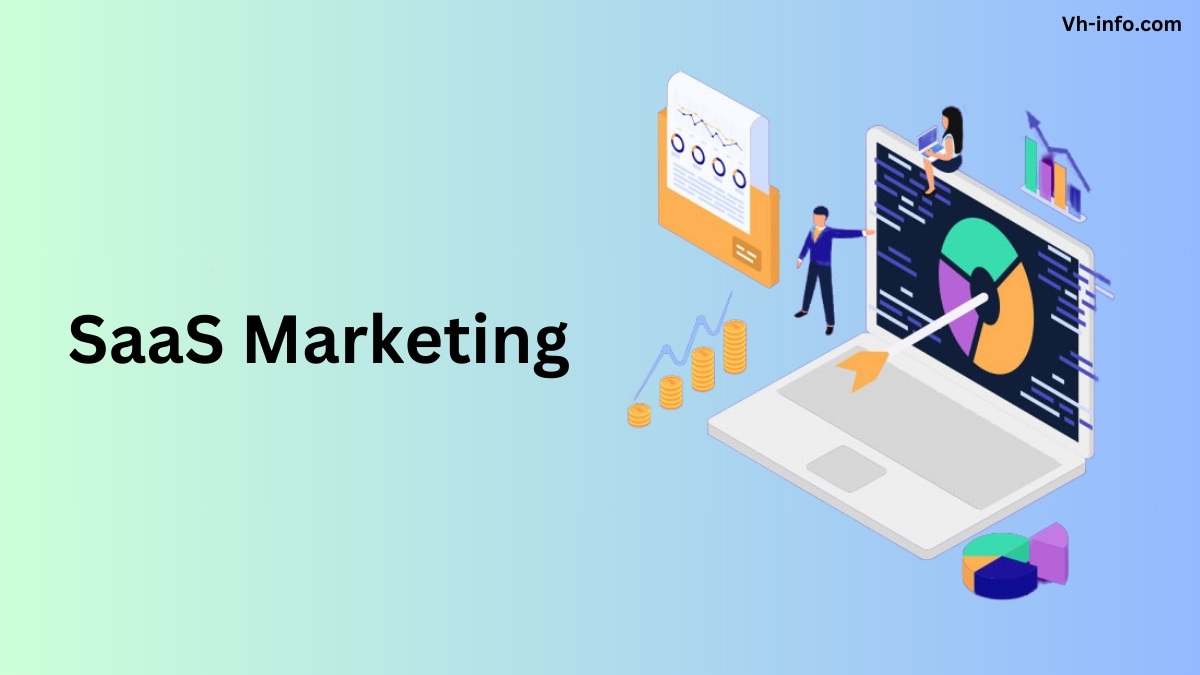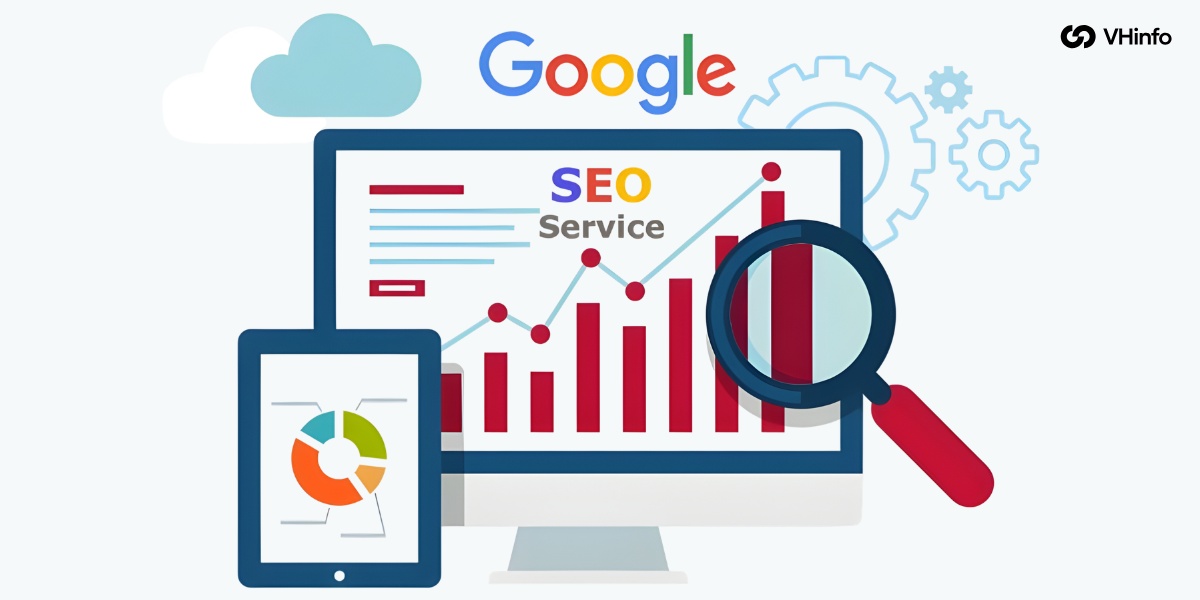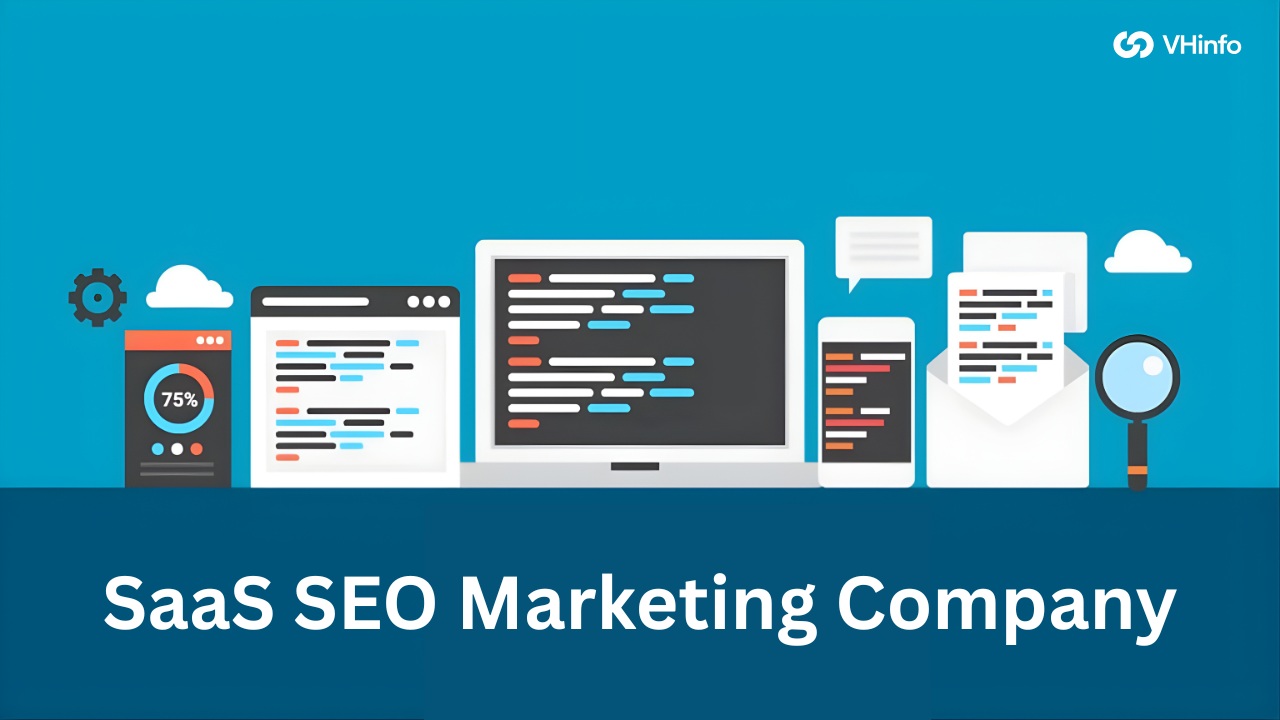Software as a Service (SaaS) has revolutionized the way businesses operate, providing cloud-based solutions that are accessible, scalable, and cost-effective. However, with the increasing competition in the SaaS market, companies must develop a comprehensive SaaS marketing strategy to attract and retain customers.
In this ultimate guide, we’ll dive into the world of SaaS marketing, exploring its unique challenges, proven strategies, and best practices to help your SaaS business thrive.
What is SaaS Marketing?
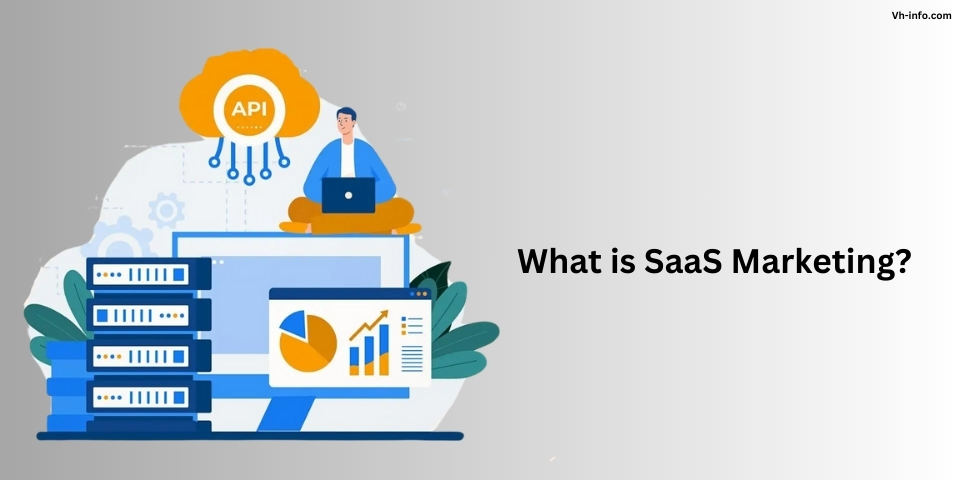
SaaS marketing refers to the strategies and tactics used to promote and sell software products that are delivered over the Internet. Unlike traditional software, which is installed on a user’s computer, SaaS products are hosted on the provider’s servers and accessed through a web browser. This unique delivery model requires a different approach to marketing compared to traditional software products.
How Does SaaS Marketing Differs From Traditional Marketing?
SaaS marketing differs from traditional marketing in several key ways:
- Focus on Customer Retention: With SaaS products, the revenue comes from ongoing subscriptions rather than one-time purchases. This means that customer retention is just as important as customer acquisition.
- Emphasis on User Experience: SaaS products are accessed entirely online, so the user experience is important. SaaS marketing must focus on highlighting the product’s ease of use, reliability, and value.
- Shorter Sales Cycle: SaaS products often have a shorter sales cycle compared to traditional software, as customers can easily sign up for a free trial or freemium version before committing to a paid subscription.
- Data-Driven Approach: SaaS companies have access to a wealth of data on customer behavior and usage patterns. This data can be used to optimize marketing efforts and improve the product over time.
Different Types of SaaS Marketing Strategies

There are several effective SaaS marketing strategies that companies can use to attract and retain customers:
- Content Marketing: Content marketing involves creating and sharing valuable, relevant, and consistent content to attract and retain a clearly defined target audience. For SaaS companies, this can include blog posts, whitepapers, case studies, webinars, whiteboard animation videos, and more. By providing helpful information related to their product or industry, SaaS companies can establish themselves as thought leaders and build trust with potential customers.
- Search Engine Optimization (SEO): SEO is the practice of optimizing a website to rank higher in search engine results pages (SERPs). For SaaS companies, this means identifying relevant keywords related to their product and creating content that targets those keywords. By improving their search engine rankings, SaaS companies can attract more organic traffic to their website and generate more qualified leads. Enterprise SaaS SEO and SaaS technical SEO are important aspects to consider in your overall SEO strategy.
- Pay-Per-Click (PPC) Advertising: PPC advertising involves placing ads on search engines or other websites and paying each time a user clicks on the ad. For SaaS companies, PPC can be an effective way to drive targeted traffic to their website and generate leads quickly. However, it’s important to carefully monitor and optimize PPC campaigns to ensure a positive return on investment (ROI).
- Social Media Marketing: Social media platforms like LinkedIn, Twitter, and Facebook can be powerful tools for SaaS marketing. By sharing engaging content, participating in industry discussions, and building relationships with potential customers, SaaS companies can increase brand awareness and drive traffic to their websites. Social media can also be used for customer support and gathering feedback to improve the product.
- Email Marketing: Email marketing involves sending targeted emails to potential and current customers to promote the product, share valuable content, and nurture leads. For SaaS companies, email marketing can be used to onboard new users, announce product updates, and offer special promotions. By segmenting their email list based on user behavior and preferences, SaaS companies can deliver more personalized and effective email campaigns.
- Referral Marketing: Referral marketing leverages the power of word-of-mouth by encouraging current customers to refer their friends and colleagues to the product. SaaS companies can incentivize referrals by offering discounts, free upgrades, or other rewards. Referral marketing can be a cost-effective way to acquire new customers, as referred customers tend to have a higher lifetime value and lower churn rate.
- Product-Led Growth: Product-led growth is a strategy that relies on the product itself to drive customer acquisition and retention. By offering a freemium version or a free trial, SaaS companies can allow potential customers to experience the value of the product firsthand. Once users are hooked, they are more likely to convert to paid subscribers and become loyal customers.
How to Create a SaaS Marketing Plan?
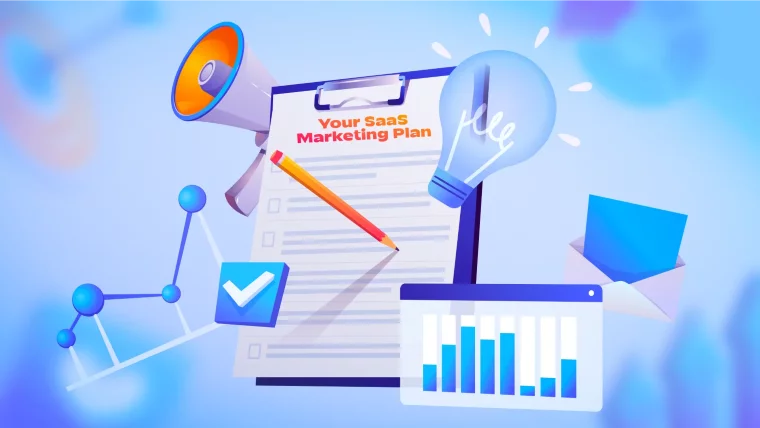
Creating a comprehensive SaaS marketing plan is essential for the success of your SaaS business.
Here are the key steps to follow:
- Pinpoint Your Buyer Personas: The first step in creating a SaaS marketing plan is to identify your ideal customer. Create detailed buyer personas that include demographics, job titles, pain points, and goals. This will help you tailor your marketing messages and strategies to resonate with your target market.
- Research the Competition: Analyze your competitors’ marketing strategies, pricing models, and unique selling propositions (USPs). Identify gaps in the market that your product can fill and differentiate your brand from the competition.
- Identify Key Goals and KPIs: Set specific, measurable, achievable, relevant, and time-bound (SMART) goals for your SaaS marketing efforts. Identify key performance indicators (KPIs) such as website traffic, lead generation, conversion rate, and customer acquisition cost (CAC) to track your progress. SaaS marketing metrics and SaaS marketing KPIs are important for measuring the success of your marketing efforts.
- Choose Your Channels: Based on your buyer personas and marketing goals, select the most effective channels for reaching your target audience. This may include content marketing, SEO, PPC, social media, email marketing, and more.
- Set Your Budget: Determine how much you can allocate to each marketing channel based on your overall budget and expected ROI. Be sure to track your spending and adjust your budget as needed based on performance.
- Tracking Website Traffic and Lead Generation: Use tools like Google Analytics to track website traffic, user behavior, and lead generation. Analyze this data regularly to identify areas for improvement and optimize your marketing efforts.
- Test, Test, Test: Continuously test and refine your marketing strategies to improve performance. Conduct A/B tests on landing pages, email subject lines, and ad copy to identify what resonates best with your target audience.
Key Components of SaaS Marketing
A successful SaaS marketing strategy should focus on the following key components:
- Attracting Leads: Use a combination of inbound and outbound marketing tactics to attract qualified leads to your website. This may include SEO, PPC, content marketing, social media, and more.
- Nurturing Leads: Once leads are in your SaaS Marketing Funnel, nurture them with targeted content and personalized communications. Use email marketing, retargeting ads, and other tactics to guide leads through the customer journey and encourage them to convert.
- Retaining Customers: Focus on delivering an exceptional user experience and providing ongoing value to retain customers over the long term. Use email marketing, in-app messaging, and other tactics to engage customers and reduce churn.
- Enhancing Revenue: Look for opportunities to upsell and cross-sell to existing customers to increase monthly recurring revenue (MRR). Offer premium features, add-ons, or complementary products to maximize the lifetime value of each customer.
- Tracking Performance: Use analytics tools to track key metrics like website traffic, lead generation, conversion rate, and churn rate. Regularly review this data to identify areas for improvement and optimize your marketing efforts over time.
SaaS Marketing Challenges

While SaaS marketing offers many opportunities, it also comes with its own set of challenges:
- Brand Awareness: With so many SaaS products on the market, it can be difficult to stand out and build brand awareness. SaaS companies need to invest in targeted marketing campaigns and thought leadership to differentiate themselves from competitors.
- Customer Loyalty: With the ease of switching between SaaS products, customer loyalty can be a challenge. SaaS companies need to focus on delivering exceptional value and customer service to retain customers over the long term.
- Customer Service: SaaS products are often mission-critical for businesses, so any downtime or technical issues can have a major impact on customer satisfaction. SaaS companies need to invest in robust customer support and proactive communication to address any issues quickly.
- Technical Issues: SaaS products rely on complex technology infrastructure, which can be prone to technical issues or outages. SaaS companies need to have contingency plans in place to minimize disruptions and communicate transparently with customers during any downtime.
Future Trends in SaaS Marketing

As the SaaS market continues to evolve, here are some future trends to watch:
- Increased Focus on Customer Success: SaaS companies will invest more in customer success programs to help customers achieve their goals and maximize the value of the product.
- Personalization At Scale: SaaS companies will use data and marketing automation to deliver highly personalized experiences to each customer based on their behavior and preferences.
- Rise of Video Content: Video will become an increasingly important format for SaaS marketing, from product demos to customer testimonials to thought leadership content.
- Expansion into New Markets: SaaS companies will look to expand into new geographic markets and industry verticals to drive growth and diversify their customer base.
SaaS Marketing Best Practices

To succeed in SaaS marketing, follow these best practices:
- Focus on the Customer: Put the customer at the center of everything you do, from product development to marketing to customer service.
- Align Marketing and Sales: Ensure that your marketing and sales teams are aligned around common goals and metrics to drive growth and revenue.
- Leverage Data and Analytics: Use data to inform your marketing decisions, track performance, and optimize your efforts over time.
- Invest in Content: Create high-quality, valuable content that educates and engages your target audience at every stage of the customer journey.
- Experiment and Iterate: Continuously test and refine your marketing strategies to improve performance and stay ahead of the competition.
FAQ’s:
What is the Best Marketing Strategy For a SaaS Startup?
The best marketing strategy for a SaaS startup will depend on the specific product, target market, and growth stage. However, some effective strategies include content marketing, SEO, PPC, and referral marketing.
What Role Does Content Marketing Play in SaaS?
Content marketing plays a critical role in SaaS by educating potential customers, building trust and credibility, and driving organic traffic to the website. SaaS companies should invest in creating high-quality blog posts, whitepapers, case studies, and other content assets.
How Important is SEO For SaaS Companies?
SEO is extremely important for SaaS companies, as it can help drive organic traffic, generate leads, and build brand awareness. SaaS companies should focus on optimizing their website for relevant keywords, creating high-quality content, and building backlinks from reputable sources.
How Can I Improve My SaaS Marketing Efforts?
To improve your SaaS marketing efforts, focus on understanding your target audience, setting clear goals and KPIs, and continuously testing and optimizing your strategies. Leverage data and analytics to inform your decisions and invest in high-quality content and customer success programs.
How Can SaaS Companies Reduce Customer Churn Through Marketing?
SaaS companies can reduce customer churn through marketing by focusing on delivering exceptional value and customer service. This may include creating onboarding and training programs, offering personalized support, and engaging customers with targeted content and communications.
Can Social Media Marketing Truly Benefit SaaS Businesses?
Yes, social media marketing can be highly beneficial for SaaS businesses. Social media platforms like LinkedIn, Twitter, and Facebook can be used to build brand awareness, engage with potential customers, and drive traffic to the website.
What Should I Look For in a SaaS Marketing Agency?
When looking for a SaaS marketing agency, look for a team with deep expertise in the SaaS industry, a proven track record of success, and a data-driven marketing approach. Look for an agency that can provide a full range of services, from strategy development to execution to analytics and reporting.
How Do I Market My SaaS Product to Enterprise Customers?
To market your SaaS product to enterprise customers, focus on building relationships with key decision-makers, creating targeted content that addresses their specific pain points and use cases, and leveraging customer success stories and case studies to demonstrate the value of your product. Consider partnering with other enterprise-focused companies or attending industry events to build your network and credibility.
Conclusion
SaaS marketing is a complex and ever-evolving field that requires a strategic, data-driven approach.
Understanding your target audience, using the correct marketing platforms, and prioritizing customer success are key factors in establishing a robust brand, attracting qualified leads, and fostering sustained growth for your SaaS company.
At VH-info, we specialize in helping SaaS companies/agencies achieve their marketing goals through effective SaaS Link building services, white label link building services and SEO for startup strategies.
Our team of experts can help you improve your search engine rankings, drive more organic traffic to your website, and build your brand authority in the industry. Contact us today to learn more about how we can help take your SaaS marketing to the next level.
